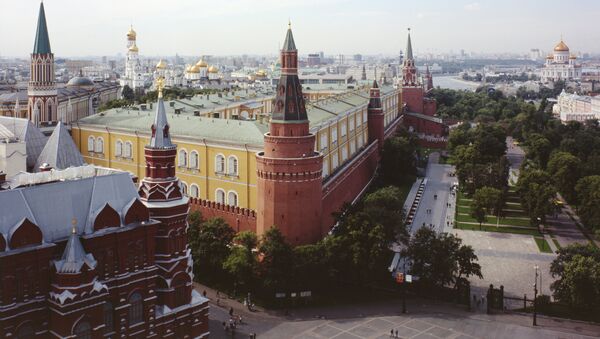According to him, there is a hope for a rapprochement between the West and Moscow, taking into account the truce in Ukraine as well as the effect of the anti-Russian economic sanctions.
"In recent weeks, I have felt a light glimmer of hope. This could be the first signs of a new rapprochement between our two civil societies," Pofalla said.
Although Russia and the West still have a lot of differences in the field of media freedom and the work of NGOs, dialogue is especially needed to discuss "controversial issues."
"The Petersburg Dialogue has become perhaps the last remaining official dialogue channel between Russia and Germany," Pofalla stated.
However, at the same time, she stated that the West has to deal with "two faces of Russia;" on the one hand, she views Russia as a country, which "makes aggressive maneuvers," on the other, she considers it a partner in the resolution of world crises. Thus she supported NATO's strategy of "force and dialogue;" containment of "Russian aggression" and cooperation in the areas of security, where the countries have mutual interests.
Earlier, Rofalla also mentioned that relations between NATO and Russia develop in a spiral manner. He was referring to the never-ending circle "of reactions, responses and new responses" that leads to further alienation between the two parties. In his opinion, NATO "could initially limit the term of its military buildup in Eastern Europe to one year" and then reduce its military presence when the truce in Ukraine is "successfully implemented."


